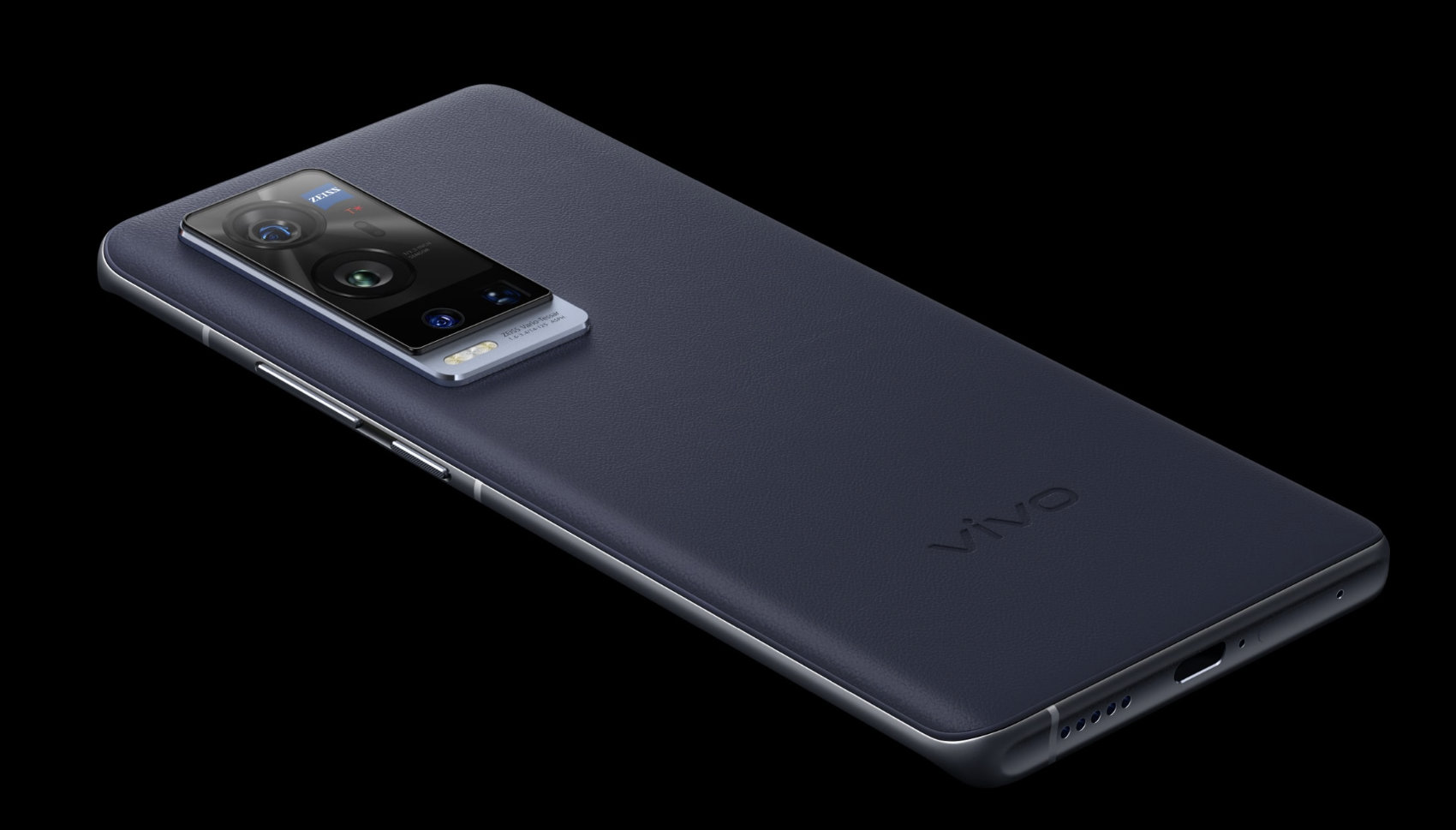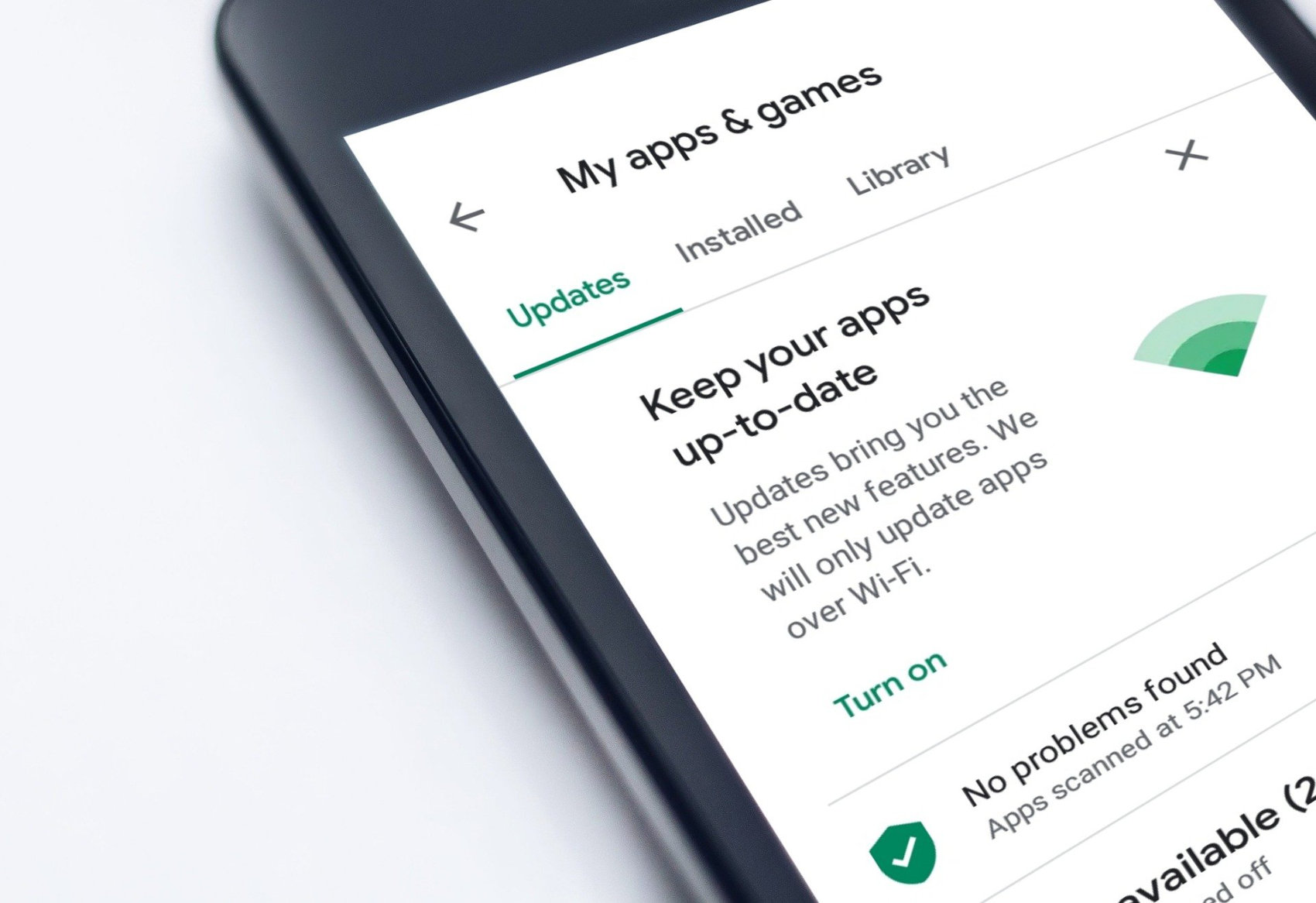Google has released its third major operating system, Fuchsia OS, although most people probably missed it.
Google has been working on Fuchsia OS for several years. The OS is an all-new undertaking, built from the ground up, without being based on Linux, UNIX or any other OS. The company has been unusually secretive about the project, leading many to conclude it could bring together the company’s OS strategy, eventually replacing both Android and Chrome.
One of the factors in Fuchsia’s favor is Flutter, the programming language used for it. Because Flutter creates cross-platform apps, apps that are created now will be able to automatically run on any Fuchsia-powered devices once they debut.
It appears Google has finally released Fuchsia, although to an existing device, rather than an all-new device, or as part of a wider release. According to 9to5Google, Fuchsia has been rolled out to the first-generation Nest Hub, replacing the Linux-based OS the devices were previously running.
Google confirmed to 9to5Google there will not be any fundamental change in the device’s behavior. Nonetheless, Fuchsia running on a real-world device will give the company valuable input on how well the OS is functioning, and what improvements need to be made before a wider deployment.



